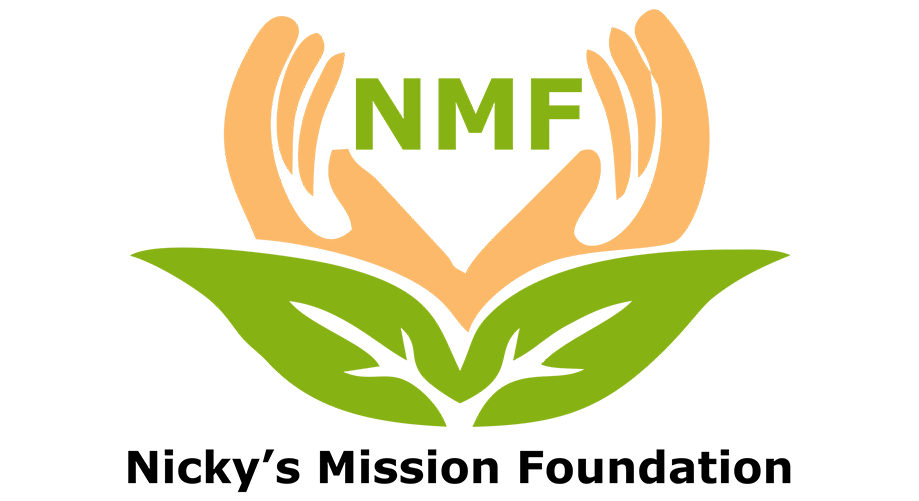Falling incomes as a result of the COVID-19 pandemic could lead to an extra half a billion people being pushed into poverty, King’s academics warn.
This could set back the fight against global poverty by a decade and in some regions, such as sub-Saharan Africa, the Middle East and North Africa, to levels not seen since 1990.
The analysis was carried out by Andy Sumner, Professor of International Development, Eduardo Ortiz-Juarez, of King’s Department of International Development, and Chris Hoy from the Australian National University. They looked at different scenarios to establish the effects of the pandemic as governments try to manage the spread of the virus.
They found that if mean consumption or income per capita fell by five percent it could lead to an extra 80 to 140 million people falling in monetary poverty. A 10 percent drop could push 180 to 280 million people into the same situation and in the worst-case scenario, of a 20 percent contraction, a further 420 to 580 million people could find themselves living in poverty.
Oxfam is also warning that women are on the front line of the COVID-19 response and are likely to be hardest hit financially. Women make up 70 percent of health workers globally and provide 75 percent of unpaid care, looking after children, the sick and the elderly. Women are also more likely to be employed in poorly paid precarious jobs that are most at risk.

